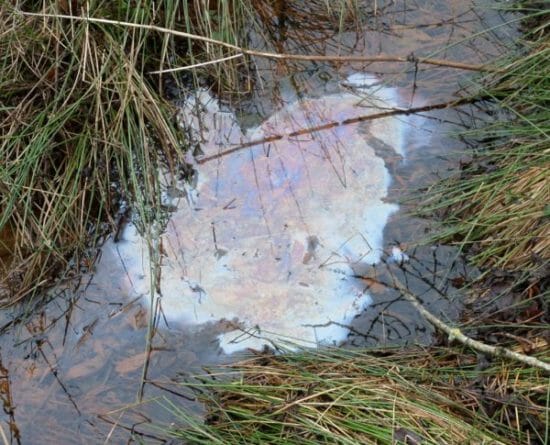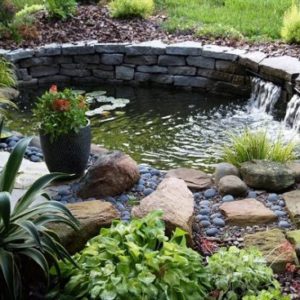E – 1283 Oily Wastewater Collection and Treatment
$75.00
Courses Included
This course provides an introduction to oil wastewater collection and distribution. Oily wastewater typically is found aboard ships, and at seaports, airports, fuel farms, and industrial facilities. Section 311(b)(3) of the FWPCA prohibits the discharge of oil in harmful quantities into or upon the navigable waters of the United States. As indicated in the Title 40 CFR Part 110, Discharge of Oil, discharges in quantities that violate applicable water quality standards and cause a visible sheen upon the water are considered harmful. Treatment of oil discharges or oily wastes is frequently required.
Course Outline
1. OBJECTIVES
2. SOURCES
3. DISCHARGE CRITERIA
4. POINT SOURCE CONTROL
5. DISPOSAL OF OIL
6. EMERGENCY CONTAINMENT AND CLEANUP
7. OILY WASTEWATER CHARACTERISTICS
8. COLLECTION AND TRANSFER
9. OILY WASTEWATER TREATMENT
10. DESIGN CRITERIA FOR OIL-WATER SEPARATORS AND APPURTENANCES
This is an introduction to methods of collecting and treating oily wastewater so it will be suitable for discharge to a publically owned treatment works or waterway.
Description
This course provides an introduction to oil wastewater collection and distribution. Oily wastewater typically is found aboard ships, and at seaports, airports, fuel farms, and industrial facilities. Section 311(b)(3) of the FWPCA prohibits the discharge of oil in harmful quantities into or upon the navigable waters of the United States. As indicated in the Title 40 CFR Part 110, Discharge of Oil, discharges in quantities that violate applicable water quality standards and cause a visible sheen upon the water are considered harmful. Treatment of oil discharges or oily wastes is frequently required.
Course Outline
1. OBJECTIVES
2. SOURCES
3. DISCHARGE CRITERIA
4. POINT SOURCE CONTROL
5. DISPOSAL OF OIL
6. EMERGENCY CONTAINMENT AND CLEANUP
7. OILY WASTEWATER CHARACTERISTICS
8. COLLECTION AND TRANSFER
9. OILY WASTEWATER TREATMENT
10. DESIGN CRITERIA FOR OIL-WATER SEPARATORS AND APPURTENANCES
This is an introduction to methods of collecting and treating oily wastewater so it will be suitable for discharge to a publically owned treatment works or waterway.
- Learn about oily wastewater collection and treatment aboard ships and at seaports;
- Learn about typical oily wastewater effluent characteristics;
- Learn methods of point source control;
- Learn how to dispose of oily waste and sludge that results from collection and treatment;
- Learn how to estimate oily wastewater quantities generated at seaports;
- Learn about shoreside collection systems; and
- Learn about chemical treatment systems and methods,






